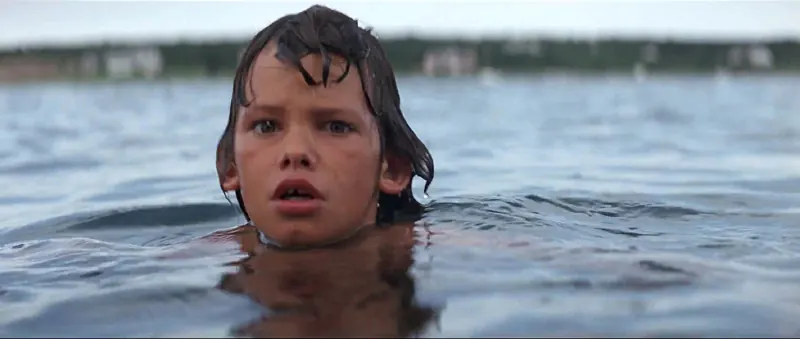Steven Spielberg Owned The 1970s
Among my all-time favourites are Sugarland Express, Jaws and Close Encounters Of The Third Kind. (Of course Spielberg also owned the 80s, with the three Indiana Jones movies and a bunch of other successes.) CE3K was the first movie that really ever made an impression on me. Today, that one feels somewhat dated. Forty years on, Jaws does not.
FAMILY FIRST
All Spielberg movies have family relationships at the core. But don’t be fooled into thinking that family is a theme. In fact, single words rarely express the theme in any movie, unless they express a value, a moral weakness, or flaw, such as “ambition”, “racism” or “responsibility”. Statements usually work better. Jaws tells us that “If you want to make a difference, you need to take responsibility first.” At the start of the movie, Chief Brody doesn’t. This is a moral issue, and far more interesting than a guy overcoming his fear of water. Sure, this fear complicates matters for Brody, but it is not at the heart of the movie. This becomes clear at the Mid Point.
WHO’S THE BADDIE?
A great Mid Point breaks the movie in two. Before, the main character tries to achieve the goal in a flawed way, as a result of their weakness. After, they have the courage to do what is really necessary. The first half of Jaws is about a sheriff fighting his mayor to close the beaches. After the Mid Point, it is all about the sheriff going out into the ocean to kill a great white.
These two antagonists may seem to pose a problem when you’re struggling to summarise your story, for instance when you write a logline. Which part of the movie should you choose? In fact, it is a blessing in disguise. When you are confronted with this issue, it could mean that you have created a transformational journey. And whichever part you choose, may depend on the purpose of the logline. To sell the movie, the life-or-death battle with the shark may be more convincing.

TWO PARTS
Great mid points also hold two ‘beats’; a positive and a negative. In this Movie Moment, we see both. At the end of a suspenseful sequence, it turns out two boys were faking the shark fin. This is positive, as everybody breathes a sigh of relief.
Immediately after, the shark appears in the pond, heading for Brody’s son Michael and his friends. Michael gets away in shock, but a man is killed. As a result of this strongly negative beat, our hero Chief Brody will change his ways. He overcomes his fears, and now takes responsibility. So it is implied that Brody will be a better sheriff - and a better father.
Finally, note the suspense in this sequence, helped by dramatic irony: we can see the shark approach, but the characters in danger are unaware. This is one of quite a few sequences in this film where Spielberg pays tribute to the Master of Suspense, a mentor whose success – and output - he has already surpassed.
Karel Segers
Karel Segers wrote his first produced screenplay at age 17. Today he is a story analyst, script editor and producer with experience in rights acquisition, script development and production. His
screenwriting classes have trained writers in Australia, Europe, Asia and the Middle East, and his clients include international award-winning filmmakers as well as three Academy Award nominees.
Karel is the founder of
The Story Department and he ranks in the world's Top 10 of most influential people for screenwriting on Twitter.